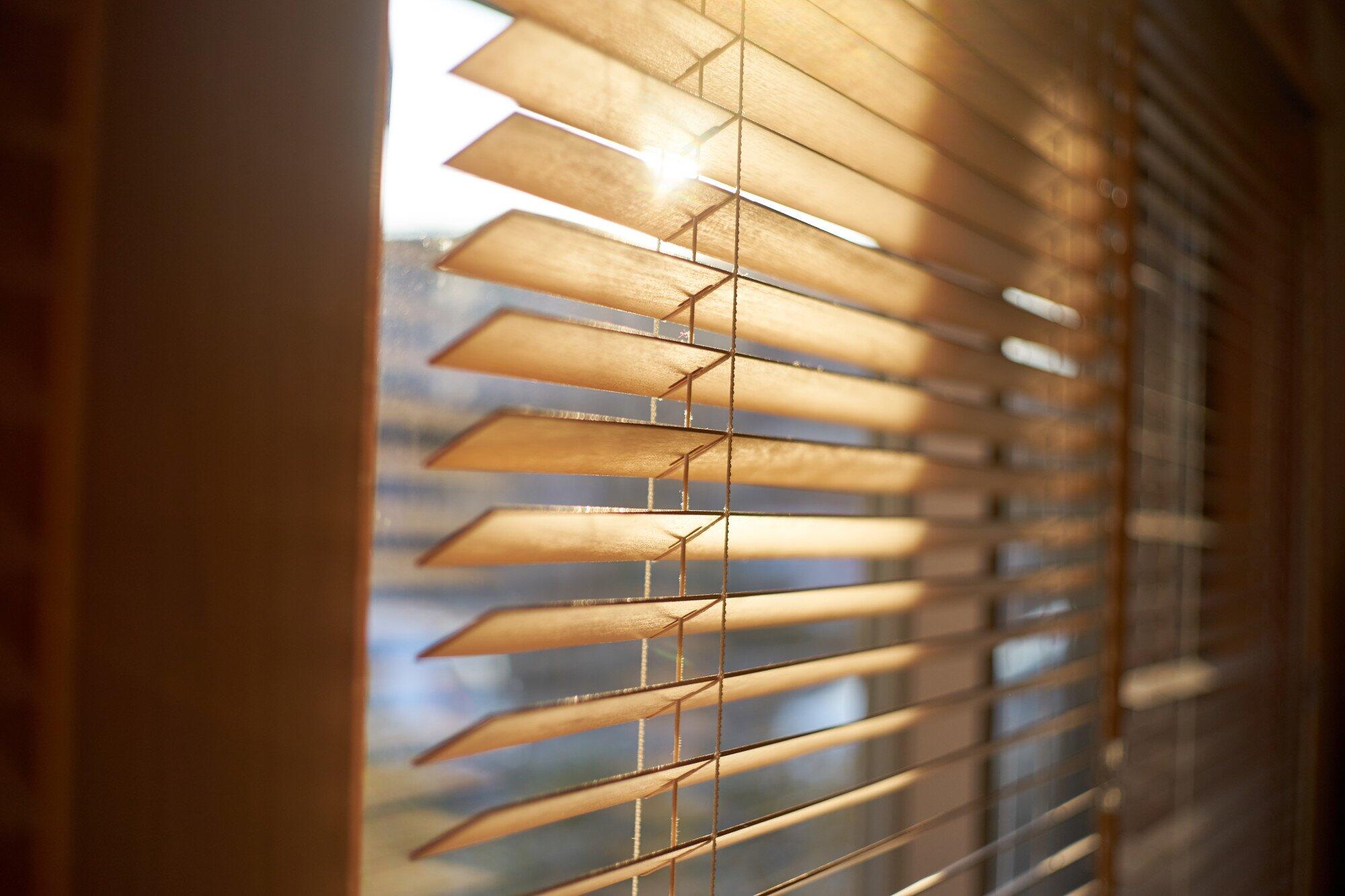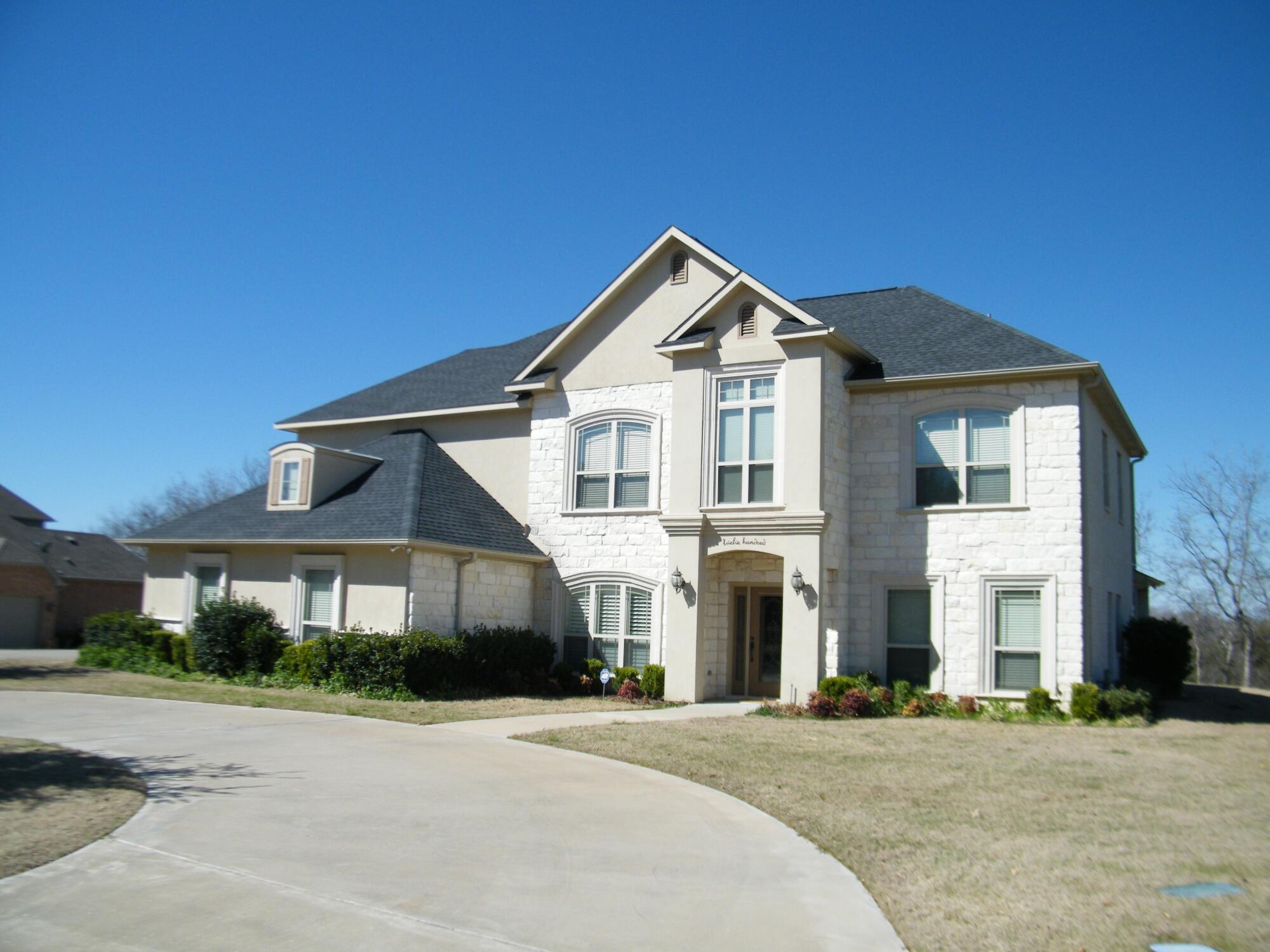
4 Key Differences Between Blinds vs Shades: Which Window Treatment is Right for Your Home?
When it comes to choosing window treatments for your home, the options can seem endless. With a variety of styles, colors, and materials to choose from, it can be overwhelming to make the right decision.
Do not worry, as we are here to assist you! In today’s blog post, we are going to explore the key differences between blinds vs shades, and which one is the best fit for your unique living space.
This post will provide you with valuable insights to guide you toward the perfect window treatment for your home. Let’s dive in!
1. Construction
Blinds are made of individual slats that are connected by strings or cords and can be adjusted to control the amount of light and privacy. On the other hand, shades are made of a solid piece of fabric or material that is hung and can be raised or lowered to adjust light and privacy.
This difference in construction not only affects the functionality of these window treatments but also their appearance. Window blinds have a more structured and modern look while shades have a softer and more traditional appearance.
2. Light Filtering Capabilities
While both window treatments can control the amount of light entering a room, they differ in the level of light filtration they provide. Blinds, with their adjustable slats, offer more precise control over the amount of light that enters a room. This allows for customizable levels of natural light and privacy.
On the other hand, shades are made of fabric or woven materials that filter and diffuse light, creating a softer and more diffused natural light in a room. The level of light filtering also varies depending on the type of fabric or material used, providing a variety of options to choose from based on personal preference and lighting needs. Whether looking for precise light control or a softer, more diffused look, both can transform the interior design of your room.
3. Installation Method
One key difference between blinds and shades is their installation method. Blinds, such as vertical or horizontal blinds, need drilling and mounting brackets to hang them in place. This adds to the cost and can be more time-consuming to install.
On the other hand, shades, like cellular or roller shades, are mounted with a simple bracket or adhesive and can be installed by anyone, making them a more budget-friendly option. If you are looking for the best options at the best price, you may want to visit Patriot Blinds. Their knowledgeable staff can help you find the perfect blinds or shades to fit your needs and budget.
4. Variety of Materials Available
Blinds come in materials such as wood, faux wood, aluminum, and vinyl, providing a wide range of options to suit any style or budget. On the other hand, shades offer a diverse selection of materials including fabric, bamboo, woven grass, and cellular materials, allowing for different levels of light control and insulation. With this variety, homeowners can choose the material that best fits their needs and desired aesthetic.
Uncover the Differences Between Blinds vs Shades to Find the Perfect Window Treatment
The key differences between blinds vs shades make them suitable for different purposes and styles. Shades provide a softer, more elegant look while blinds offer better light control and privacy.Ultimately, it boils down to individual preferences and the particular requirements of your household.
We recommend exploring both options to determine the perfect fit for your windows. Don’t hesitate to consult a professional for expert advice. Transform your home with the right window treatment today.
Enjoyed this article? Explore further insights on these topics in our blog.








